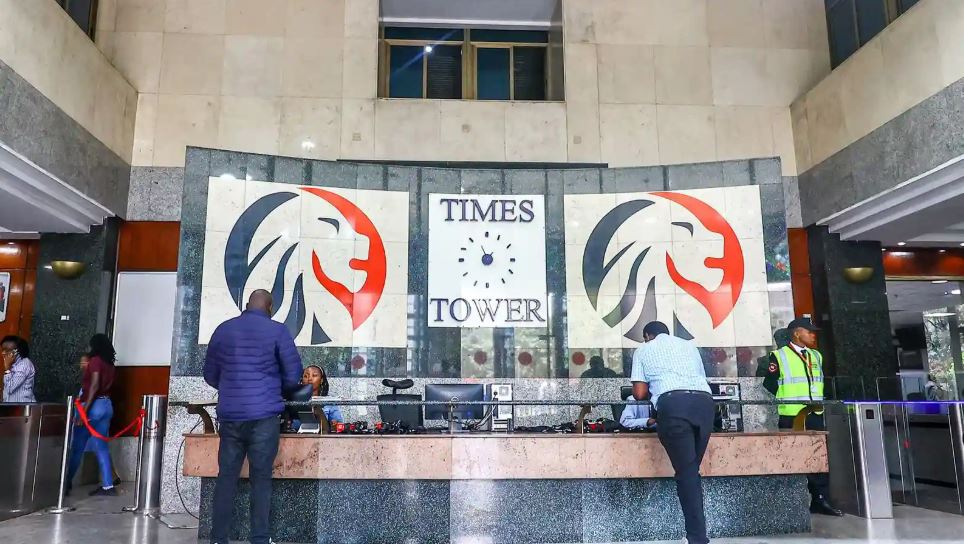 The Kenya Kwanza administartion is taking a bold step to tighten its tax regime through the proposed Finance Bill 2025, aiming to curb abuse of VAT exemptions and zero-rating privileges. The government plans to empower the Kenya Revenue Authority (KRA) with greater oversight and recovery powers to track how tax-favoured goods and services are ultimately used.
The Kenya Kwanza administartion is taking a bold step to tighten its tax regime through the proposed Finance Bill 2025, aiming to curb abuse of VAT exemptions and zero-rating privileges. The government plans to empower the Kenya Revenue Authority (KRA) with greater oversight and recovery powers to track how tax-favoured goods and services are ultimately used.
In a significant shift, the Bill introduces Section 66A to the VAT Act, allowing KRA to recover VAT from anyone who misuses goods or services initially acquired under exempt or zero-rated status.
If enacted, the law will apply to individuals and businesses that import or purchase items like medical equipment, agricultural inputs, or educational materials under tax exemptions or zero-rating, but later use them in ways that deviate from their intended public benefit.
KRA to Shift from Passive Oversight to Active Recovery
Until now, enforcement of VAT conditions has mostly relied on self-regulation and proper documentation. For example, duty-free vehicles carry logbook restrictions, preventing resale or transfer without paying the applicable taxes. However, the new clause signals a more assertive and proactive enforcement model, with KRA expected to conduct audits and track usage of these goods and services.
This means that any deviation, such as selling a vehicle too early or using medical supplies for commercial resale, could prompt KRA to impose VAT retroactively.
Understanding Zero-Rated vs. Exempt Goods and Services
The proposal comes at a time when many taxpayers confuse the difference between zero-rated and exempt goods:
Zero-rated items include exports, maize and wheat flour, textbooks, pharmaceutical products, and agricultural inputs like fertilizers and pesticides. Businesses pay no VAT on their sales and can claim back VAT on inputs.
Exempt goods and services, on the other hand, include financial services, residential rent, healthcare, education, unprocessed farm produce, and passenger transport like matatus and buses. Here, sellers charge no VAT, but they also cannot reclaim input VAT.
The Finance Bill 2025 intends to tighten control over both categories, ensuring strict adherence to how these goods and services are used.
Kenya Aligns with Regional Standards
The proposed clawback rule mirrors similar frameworks within the East African Community, such as the EAC Customs Management Act (EACCMA), which allows tax authorities to recover duties and taxes if exempt goods are misused.
By aligning its enforcement with regional standards, the government sends a clear signal: tax abuse will no longer be tolerated, and the government is ready to track, audit, and recover what is due.
KRA’s Role Set to Expand
Once the new clause takes effect, KRA’s mandate will expand beyond issuing VAT compliance certificates and collecting taxes. Officers will gain the authority to:
- Review how zero-rated or exempt goods and services are deployed
- Enforce repayments where usage violates original intent
- Audit beneficiaries of VAT incentives
- Work with other agencies to monitor flagged goods or services
The Finance Bill 2025 reflects the government’s broader strategy to increase revenue, strengthen accountability, and minimize leakages in public finance—especially as the country prepares for major projects funded through taxpayer money.
